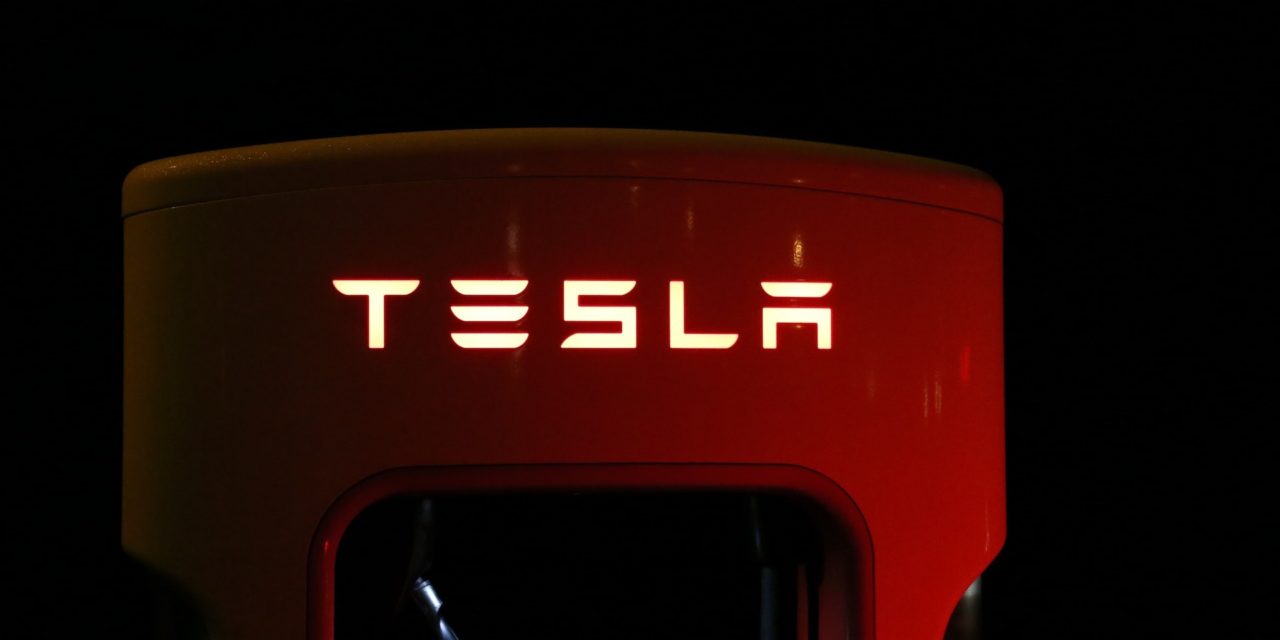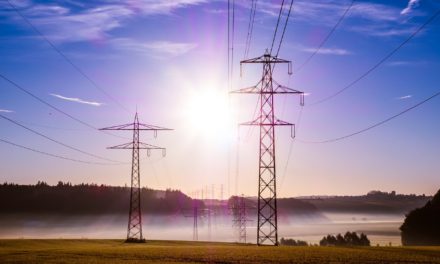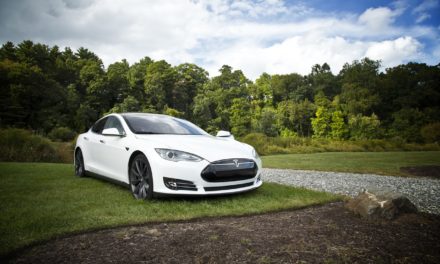In recent weeks I read a lot of financial analysts commenting on the overhyped price of the Tesla stock. They may be right that the stock is ripe for a correction, but they’re wrong if they announce it will collapse…
Why do analysts predict the collapse?
First let’s look at the reasoning of these analysts. They mostly look at car sales and compare them to traditional car companies like Ford, Daimler or BMW. They state correct facts like that BMW sells orders of magnitude more cars than Tesla, yet has less market value than Tesla. Let alone that BMW actually makes money from selling cars, while Tesla looses money on every car sold! They also point at problems that Tesla might face with their first mass market car and all the challenges involved in timely and high quality production. This is all correct, but will this – like they say – mean that the Tesla stock will drop to 0?
Where are they wrong?
I say it plain and simple: these analysts are wrong!
First you cannot sensibly compare a young high-tech company like Tesla to an old economy giant like BMW by just looking at balance sheets and numbers. Of course a young company will burn more money than they make – that’s just the nature of starting a business (unfortunately). And entering such an entrenched market as the car industry takes considerable amounts of money. The only real thread to a company like Tesla was if they’d burn more cash than investors are prepared to give them – and I can’t see Tesla nowhere near that point.
Second, Tesla is not only about selling cars. The company is very invested in the energy market. With its Powerwall and Solar Roof products, it has a strong offering in an important future growth market. As I describe in the article Moving Off the Grid, the energy industry will change dramatically in the coming decade. Many households and companies will get off the grid and produce energy for themselves or for small local networks. The solar roof rides exactly that wave. And it offers a product that seems superior in quality, visual appeal and price to all those solar panel manufacturers out there. And with the Powerwall, Tesla addresses one big obstacle on the way to the collapse of the energy market as we know it today: storing energy. Let alone that there Solar Roof and Powerwall integrate perfectly with their car offerings.
Third, Tesla is not only pushing boundaries when it comes to electric cars, but also when it comes to autonomous driving. Before Tesla, we couldn’t even imagine to have self-driving cars in our lifetime – let alone see regulations adapt quickly. And now it is happening. And Tesla aims to present a fully autonomous car (one where the driver can sleep behind the wheel!) within two years! The self-driving capabilities of Tesla’s cars are a much bigger selling point than the fact that they run electric or that they are fast. And that business of autonomous driving is mainly a software business – which has totally different rules than welding cars in a 100-year-old business model at BMW. Most experts expect the car hardware to become a commodity, while the software updates will turn into the value-adding main product. And Tesla is even already thinking about The Impact of Self-Driving Cars and coming up with solutions for problems that don’t even exist today – can’t say that about BMW & Co.
The fourth, and probably biggest, reason why analysts are wrong comparing Tesla to traditional car manufacturers is this: Tesla know damn well that it will not be a car manufacturing company in the future! They know that selling cars to individuals is only a transition phase. Nobody really needs cars! What we need is getting from A to B – fast, save and cheap. And that is what Tesla is strategically planning for. They will offer mobility services in the future that surpass personal travel in owned cars today in speed and comfort. At the same time, their mobility services will beat public transport in price. They will literally own the business of getting from A to B, unless you want to travel to Mars … oh, wait … . Granted some traditional car companies like Daimler are also thinking along these lines. But while Daimler, BMW & Co are thinking about this, Tesla is already preparing to launch their ride service in the coming months! If you buy a Tesla today, you will see this even in your owners manual already: you will only be allowed to commercially transport passengers with a Tesla through their own mobility service.
Summing up all these information can only lead me to one conclusion: while the Tesla stock may be ripe for a correction, it will sore way beyond current valuation in the future. And it will do so even with the foreseeable problems with mass-manufacturing the Model 3. Don’t let short-sighted analysts from the same banks that brought us the financial crisis since 2008 scare you into underestimating Tesla and Elon Musk.
What can you learn from that?
First, if you’re a stock-holder of Tesla, you should hold on to that stock for the years to come – maybe even invest more. If you’re into financial gambling, you might try to make a few bucks from a stock price correction at Tesla, but as a long-term investor, you do not need to bother.
Second, markets like “selling cars” or “selling energy” will change dramatically in the next decade. If your company sells products and services in these markets, prepare for the changes outlined in this and other articles on alllions.com. Should you be a new company considering entering these markets, now is the best time. For almost a hundred years it seemed impossible for startups to beat established car manufacturing or energy companies – it is not impossible anymore. These dramatic changes of markets are a huge opportunity for every entrepreneur. Seize this unique moment in time!





Recent Comments